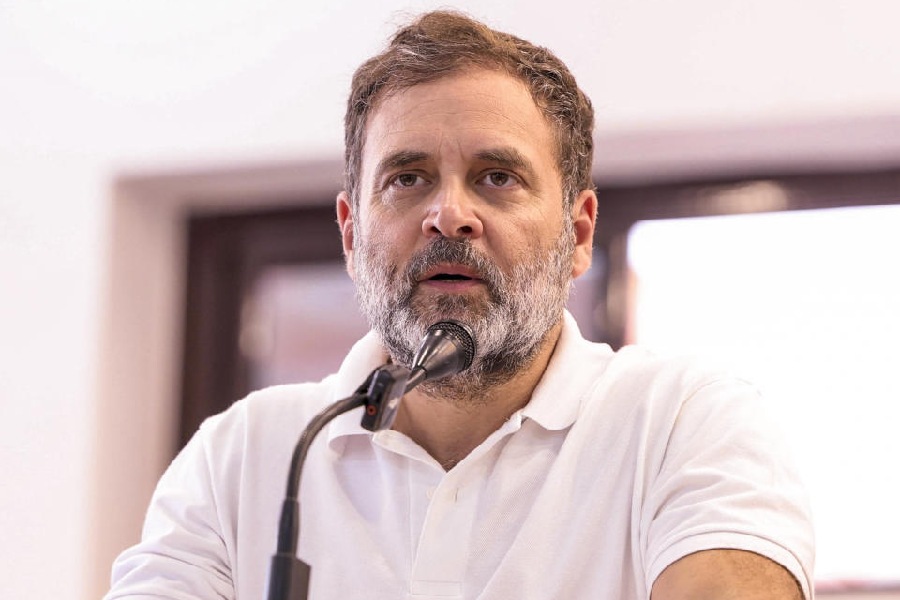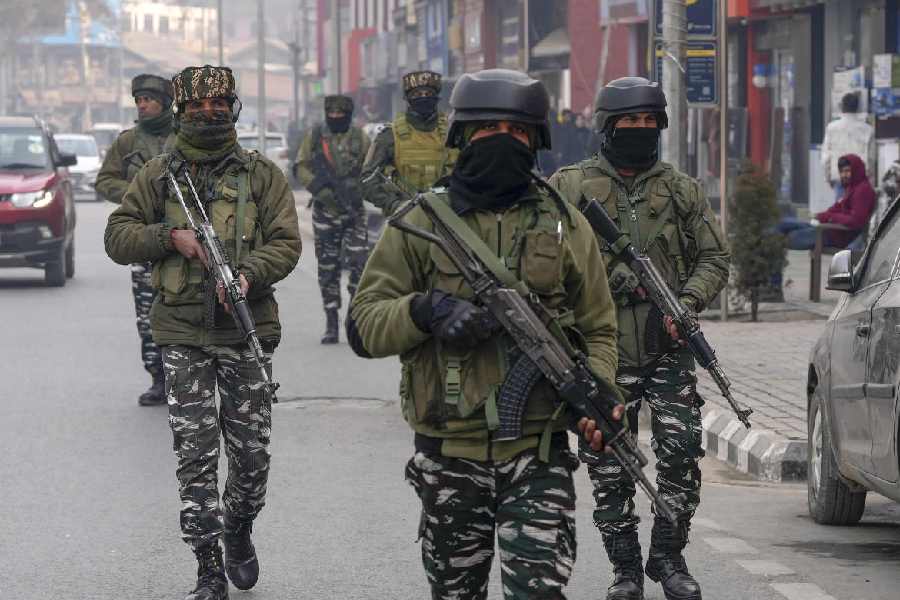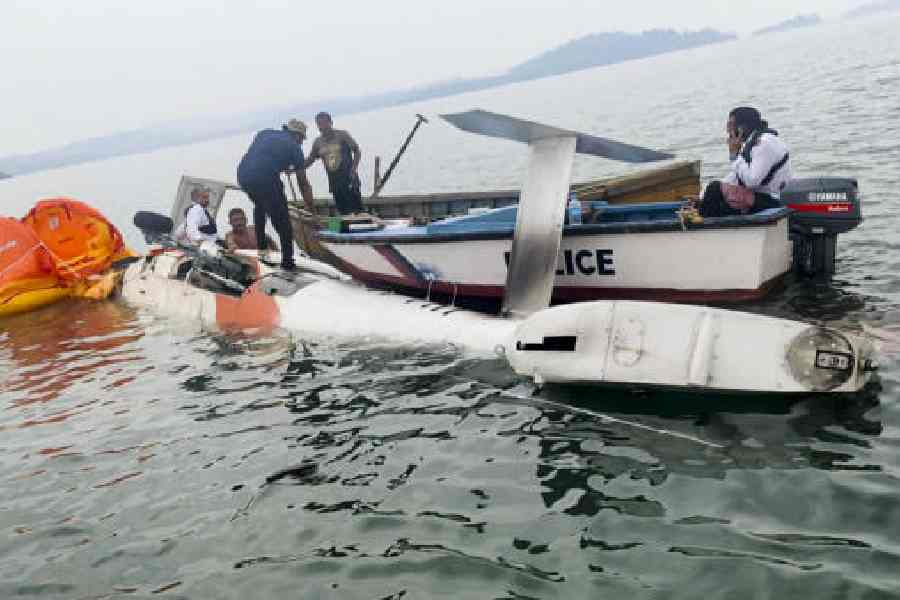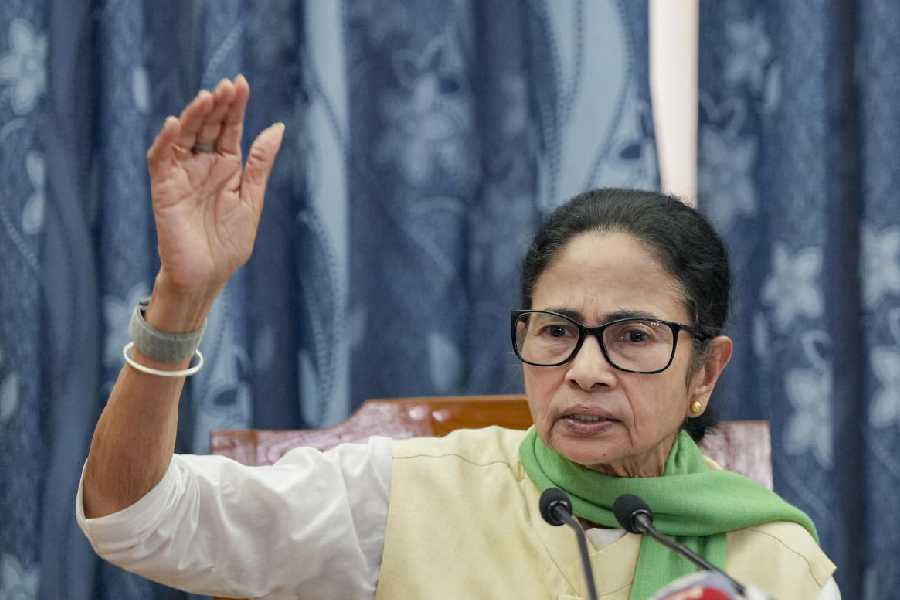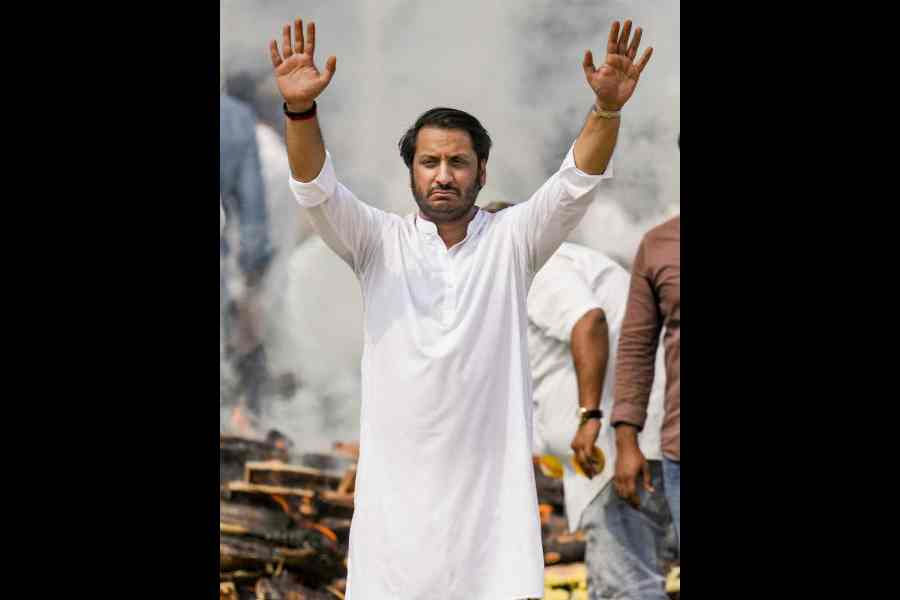The Israeli Security Cabinet is set to meet Thursday to discuss a possible expansion of military operations in the Gaza Strip, a move that would draw fierce opposition internationally and from many in Israel, including the families of hostages held by Hamas.
An Israeli official said the Security Cabinet is expected to hold a lengthy debate and approve an expanded military plan to conquer all or parts of Gaza not yet under Israeli control.
The official, speaking on condition of anonymity pending a formal decision, said that whatever is approved would be implemented gradually to increase pressure on Hamas.
In Gaza, where Israel's 22-month offensive has already killed tens of thousands of people, displaced most of the population, destroyed vast areas and caused severe and widespread hunger, Palestinians braced for further misery.
“There is nothing left to occupy,” said Maysaa al-Heila, who is living in a displacement camp. “There is no Gaza left.”
At least 37 Palestinians were killed in Israeli airstrikes and shootings across southern Gaza on Thursday, according to local hospitals.
A new escalation could deepen Israel's isolation
Prime Minister Benjamin Netanyahu has been meeting this week with advisers to discuss what his office said are ways to “further achieve Israel's goals in Gaza” after the breakdown of ceasefire talks last month.
Expanding military operations would further isolate Israel internationally, after several of its closest Western allies have called on it to end the war and facilitate more humanitarian aid.
In Israel, families of the hostages have called for mass protests Thursday, fearing an escalation could doom their loved ones.
Hamas-led militants abducted 251 people and killed around 1,200 in the October 7, 2023 attack that triggered the war. Most of the hostages have been released in ceasefires or other deals but 50 remain inside Gaza, around 20 of them believed by Israel to be alive.
Almost two dozen relatives of hostages set sail from southern Israel towards the maritime border with Gaza on Thursday, where they broadcast messages from loudspeakers.
Yehuda Cohen, the father of Nimrod Cohen, an Israeli soldier held in Gaza, said from the boat that Netanyahu is prolonging the war to satisfy extremists in his governing coalition.
Netanyahu's far-right allies want to escalate the war, relocate most of Gaza's population to other countries and reestablish Jewish settlements that were dismantled in 2005.
“Netanyahu is working only for himself,” Cohen said, pleading with the international community to put pressure on the prime minister to stop the war and save his son.
Palestinians killed and wounded as they seek food
Israel's military offensive has killed over 61,000 Palestinians, according to Gaza's Health Ministry, which does not say how many were fighters or civilians. The ministry is part of the Hamas-run government and staffed by medical professionals who keep and share detailed records.
The United Nations and independent experts view the ministry's figures as the most reliable estimate of casualties. Israel has disputed them without offering a toll of its own.
Of the 37 people killed on Thursday, 13 were heading toward a distribution site run by the Gaza Humanitarian Foundation (GHF), a US- and Israeli-backed private contractor, according to hospital records. At least 50 people were wounded, many from gunshots.
Neither the GHF nor the Israeli military immediately commented on the strikes or shootings. The GHF sites are in military zones off limits to independent media.
Hundreds of people have been killed by Israeli fire in recent weeks while heading to GHF sites and in chaotic scenes around UN convoys, most of which are overwhelmed by looters and crowds of hungry people.
The UN human rights office, witnesses and health officials have offered similar accounts of the near-daily shootings going back to May, when Israel lifted a complete 2 1/2 month blockade.
The military says it has only fired warning shots when crowds approach its forces. GHF says its armed contractors have only used pepper spray or fired into the air on some occasions to prevent deadly stampedes.
Israel and GHF face mounting criticism
Human Rights Watch called on governments worldwide to suspend arms transfers to Israel after deadly airstrikes on two Palestinian schools-turned-shelters last year.
The New York-based rights group said an investigation did not find any evidence of a military target at either school. At least 49 people were killed in the airstrikes that hit the Khadija girls' school in Deir al-Balah on July 27, 2024, and the al-Zeitoun C school in Gaza City on September 21, 2024.
Doctors Without Borders, a medical charity known by its French acronym MSF, published a blistering report against GHF, accusing it of "orchestrated killing" rather than handing out aid.
The US and Israel helped set up the foundation as an alternative to the UN-run aid delivery system that has sustained Gaza for decades, accusing Hamas of siphoning off assistance.
The UN denies any mass diversion by Hamas. It accuses GHF of forcing Palestinians to risk their lives to get food and say it advances Israel's plans for further mass displacement.
MSF runs two medical clinics very close to the GHF sites and said it had treated nearly 1,400 people wounded near the sites between June 7 and July 20, including 28 people who were dead upon arrival. MSF also treated 41 children who were shot near GHF sites.
The organisation said it has also treated almost 200 patients with physical assault injuries from chaotic scrambles at GHF sites, including head injuries, suffocation, and multiple patients with severely aggravated eyes after being sprayed at close range with pepper spray.
GHF accused the medical charity of joining a “smear campaign” against it and said most of the violence in recent weeks has occurred around UN convoys.



